Looking back at the 2010 Winter Olympics
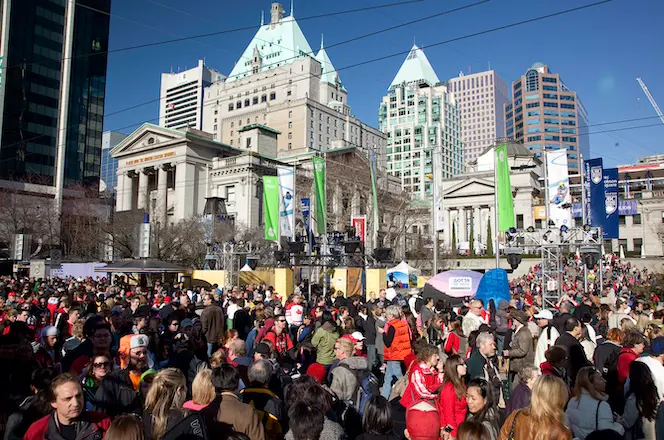
Today marks the 10th anniversary of the start of the 2010 Winter Olympics in Vancouver and Whistler.
For 16 days, from Feb. 12-28 2010, the city welcomed visitors and celebrated with street parties, pavilions, cultural activities and of course the Games themselves.
The event brought a then-unprecedented number of people and media attention to the city. The opening and closing ceremonies introduced the world to a wealth of Canadian talent. Canadian athletes won a total of 26 medals, including 14 gold medals, seven silver medals, and five bronze medals. The gold medal haul set a historic record, as it was the most any nation had ever received at the Winter Olympics. The 2010 Games also marked the first time Canada won an Olympic gold medal on home soil thanks to freestyle skier Alex Bilodeau at Cypress Mountain.
Here’s a look at the legacy of the 2010 Winter Olympic Games, and how they changed the city forever. You can also scroll down to find out where and how to celebrate the anniversary of the Games on Feb. 22.
What is the legacy of the 2010 Olympic Winter Games in Vancouver and surroundings? Plenty, as it turns out, from transportation to infrastructure to international image. The $6b event fast-tracked projects, construction, and development.
Canada Line—Thanks to the Games, residents and visitors can now get to and from the Vancouver International Airport to downtown Vancouver in 22 minutes. The city added the Skytrain line expressly to serve people coming and going from the city. According to the Vancouver Sun, “Ridership on the $2–billion rapid-transit line hit 100,000 daily riders within a year of opening—three years ahead of plan. 2018 saw 48 million boardings on the line, another record. The line also drove a wave of development and speculation along the route…”
Convention Centre—The city completed an $883–million expansion of the facility in 2009. The world’s first double LEED Platinum-certified convention facility, it served as the main media centre during the Games. Organizers installed the Olympic cauldron in the neighbouring Jack Poole Plaza, where it remains as a permanent landmark.
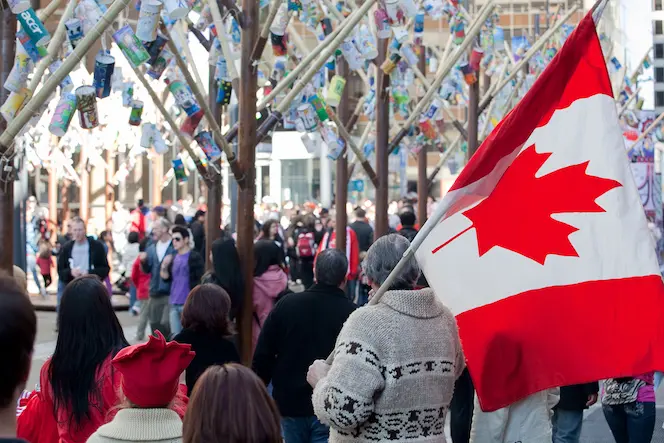
Sea to Sky highway to Whistler—Located how many 120 kilometres from downtown Vancouver, Whistler was the setting for a number of Winter Olympics. Before the games, drivers’ access the mountain resort town was via a dangerous, often painfully slow two-lane highway. With the $660m upgrade, the Sea to Sky Highway, it now takes half the time has cut travel time by half. There are several viewpoints along the way, and the refurbished route has helped drive tourism to Whistler.
Richmond Olympic Oval—Following the Games, the oval was converted into a multi–sport community and wellness centre. According to the Sun, “the $64-million building received Silver LEED certification and has seen 8.1 million visitors since opening following the Games.”
Hillcrest—During the 2010 Winter Olympics, the Vancouver Olympic Centre/Vancouver Paralympic Centre at Hillcrest Park (adjacent to Queen Elizabeth Park) served as an official competition venue for curling and wheelchair curling. The first phase of transforming the former Olympic venue into a new, public recreation complex was completed in 2010, making the Hillcrest Aquatic Centre, the largest public aquatic centre in all of Vancouver.
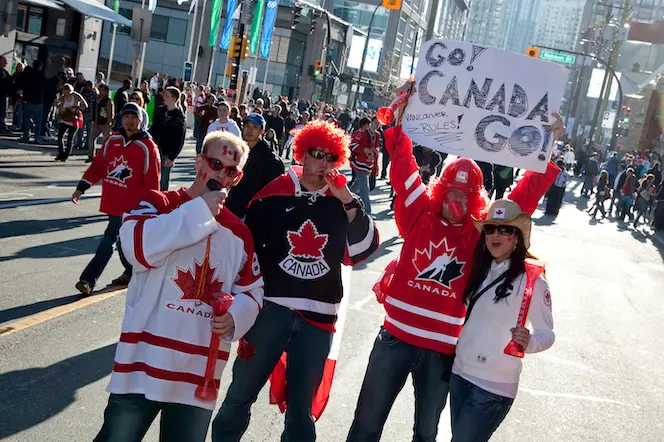
Development—The coming of the Games spurred the city to develop the east end of False Creek from a polluted, vacant block of industrial land to Olympic Village, a mixed-use neighbourhood of condos, restaurants and retail. Worth $198 million in 2006, the land was assessed in 2020 at $2 billion.
Young athletes—Olympic-legacy organizations such as NextGen and the Canadian Sport Institute-Pacific, among others, have helped encourage young athletes such as Natalie Corless and Caitlin Nash. Not yet high school graduates, Corless and Nash are now competing at the highest levels in luge. “Being immersed in the Games and that culture was something that definitely put me on to luge and started my sporting career,” said 16-year-old Nash.
Indirect benefits—Beginning in 2013, organizers behind the famous series began holding their main conference in Vancouver (in the Convention Centre’s West building). No doubt the attention that the city received from the Games had something to do with their decision, as well as boosting the city’s food and beverage scene, international image, and more.
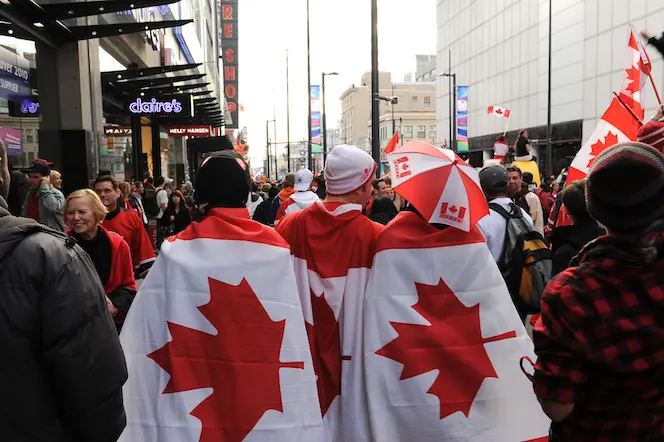
How to celebrate the anniversary of the 2010 Olympic Winter Games in Vancouver:
Programming includes athlete meet and greets, stage performances, sports demonstrations, food and beverage, the relighting of the Olympic Cauldron, and other family-friendly activities. On the same day, a separate ticketed gala will be held inside the convention centre, featuring over 60 Olympians and Paralympians.
When: Saturday, February 22, 2020
Time: 11 am to 6 pm
Where: Jack Poole Plaza — Vancouver Convention Centre West (1055 Canada Place, Vancouver)
Tickets: Free
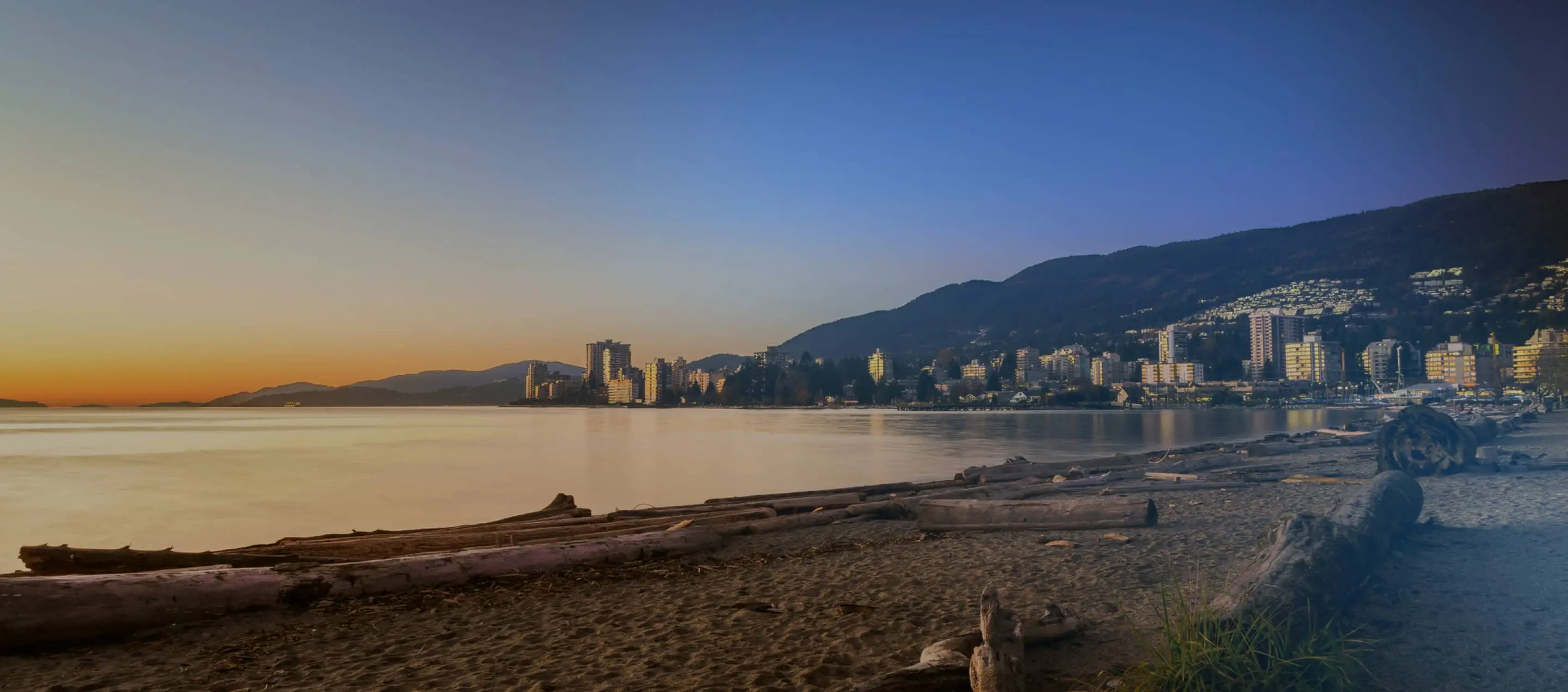
Craving
culture?
Get
ideas.